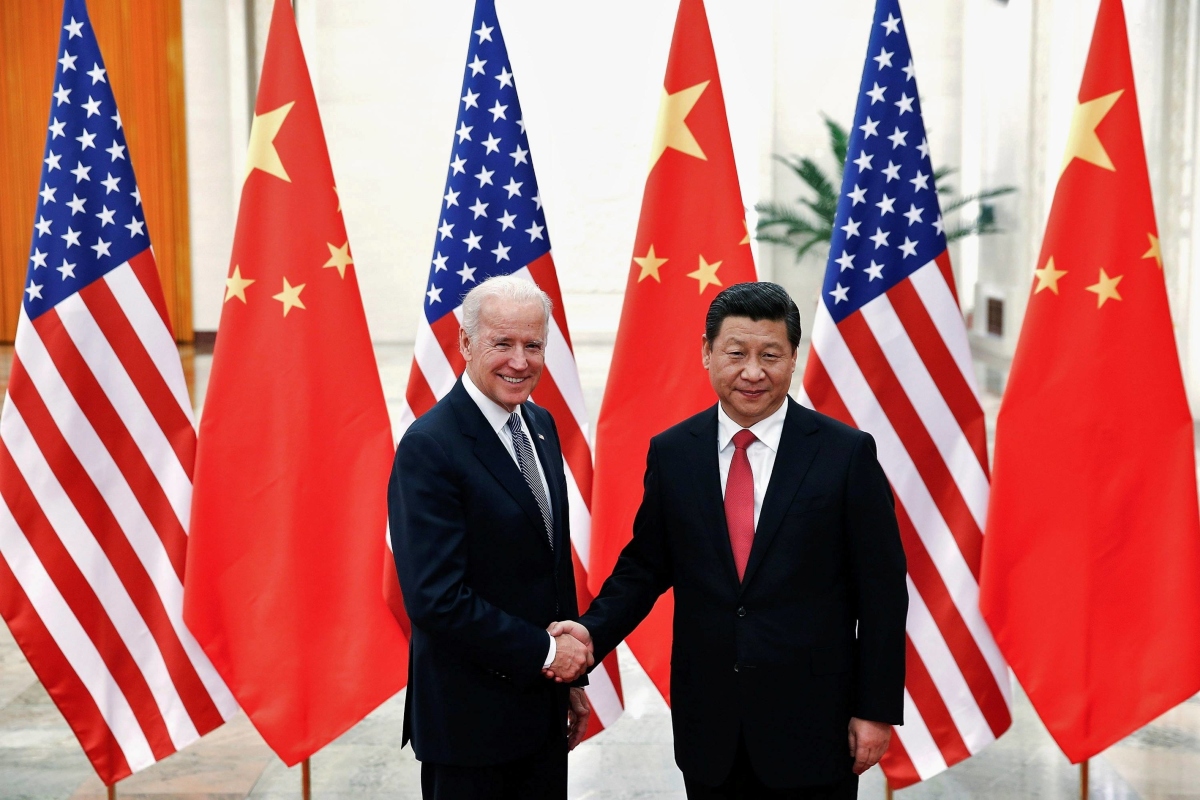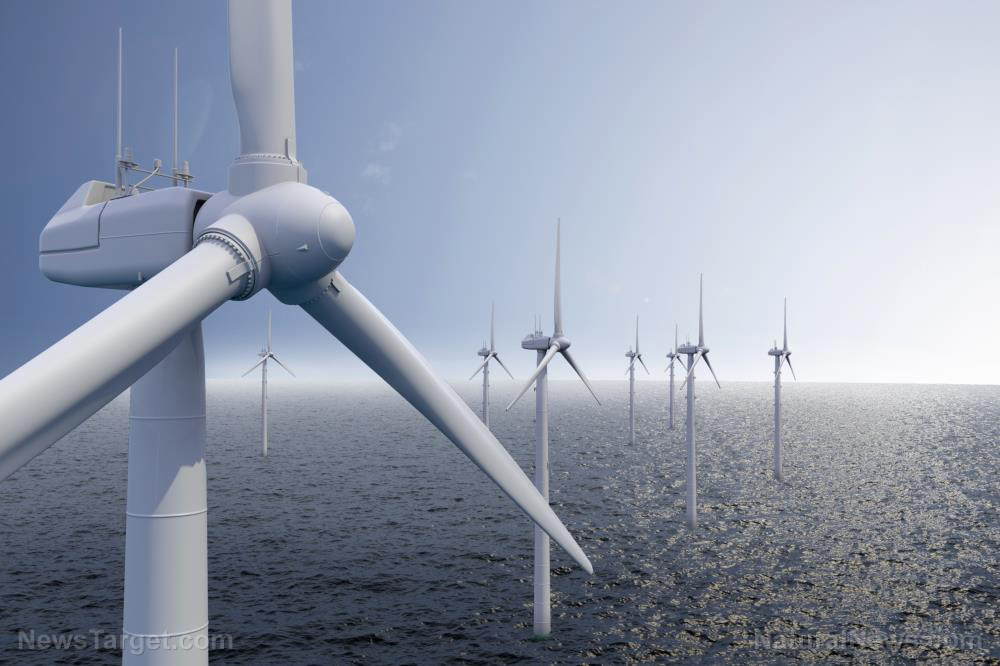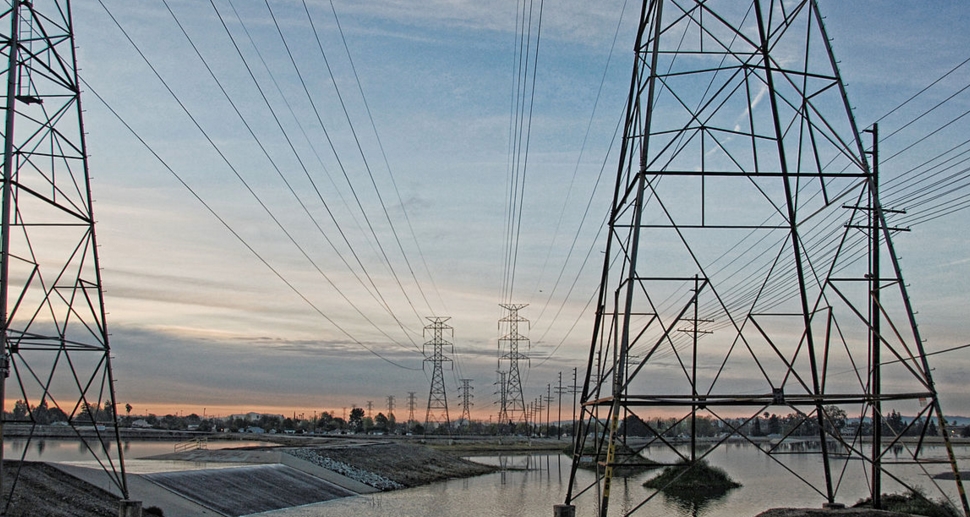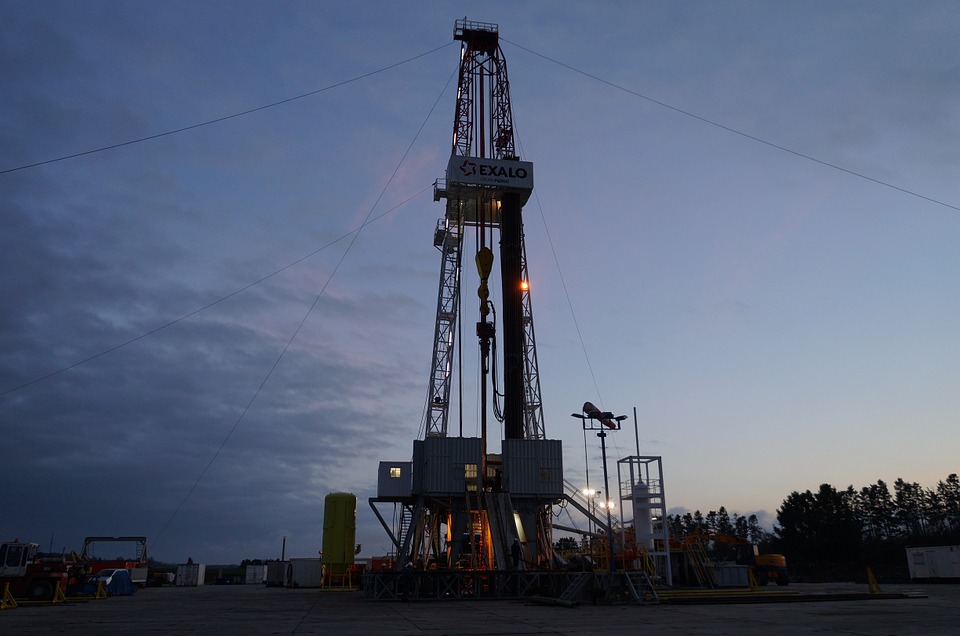China continues to rely on coal while pushing expensive renewable energy and EVs on America
05/09/2024 / By Olivia Cook

Tom DeWeese, president of the American Policy Center, highlighted China’s increasing reliance on coal mines for its energy needs in a special report published by Climate Depot.
In 2023, China’s total emissions of carbon dioxide (CO2) from coal-fired power generation hit 5.56 billion metric tons, an all-time high that was nearly six percent greater than the previous record set in 2022.
At the same time, China is aggressively promoting renewable energy and electric vehicles in the United States.
Gotion in Michigan
A case in point is Gotion, Inc., a company with ties to the Chinese Communist Party (CCP), which is poised to establish an electric vehicle battery plant in a rural township in Michigan.
Gotion, a subsidiary of Gotion High Tech, a state-owned enterprise in China, has already made strides in the American market with the production of lithium-ion battery packs at its factory in Silicon Valley, California.
The facility is geared toward manufacturing products for the portable and residential energy storage system (ESS) sectors, with capacities ranging from three to 30 kilowatt hours. While the company has outlined a projected annual production capacity of one gigawatt hour (GWh), it has not disclosed a timeline for reaching this target.
The company is in the process of establishing two significantly larger manufacturing facilities within the United States. This includes an EV battery production plant in Michigan, which is currently in the construction phase, and a split production plant in Illinois. The Illinois facility is designed to have an annual production capacity of 10 GWh for battery packs and 40 GWh for lithium-ion battery cells, targeting both the EV and ESS market segments.
The announcement of the Illinois factory was made in September, with Governor J.B. Pritzker extending a warm welcome to the company. Gotion stands to receive a state incentive package totaling $536 million for the establishment of this plant in exchange for a promise that Gotion will invest at least $1.9 billion in constructing the plant and creating a minimum of 2,600 jobs.
The prospect of Chinese-controlled industrial ventures has stirred significant opposition in communities, like Green Charter Township, where residents ousted incumbent supervisors in protest. Their concerns about foreign influence led to the rescinding of a water permit for the proposed plant, reflecting broader anxieties about economic dependence and national security. (Related: Michigan residents successfully block a CCP-subsidiary corporation from purchasing 80 acres of farmland.)
Illuminate USA in Ohio
In Ohio, the tranquil small city of Pataskala faces a looming threat in the form of a sprawling solar panel assembly plant spanning 1.1 million square feet. Set to house eight production lines and employ over 800 individuals, the facility aims to churn out more than 9.2 million advanced solar panels annually at full capacity by the close of 2024. This output equates to five gigawatts of electricity production, sufficient to power one million American households.
This utilitarian structure is poised to commence operations as one of the largest solar panel manufacturers in the United States. With an investment of $600 million, the plant is expected to bolster the local economy, employing over 1,000 workers at full capacity and injecting vitality into the rural community on the outskirts of Columbus, the capital of Ohio.
However, underlying this development is a contentious issue. The lead entity behind the project, Illuminate USA, is not exactly a conventional company; rather, it functions as a shell corporation designed to circumvent potential future U.S. regulations hindering foreign ownership of property. Illuminate USA’s major shareholder is a Chinese corporation – LONGI, a silicon manufacturer – that has partnered with Chicago-based energy development and operations company Invenergy.
At a city council gathering in January, resident Jerry Forns voiced concern, characterizing Pataskala’s involvement with Illuminate USA as a manifestation of “the cancer known as the Chinese Communist Party.” This sentiment reflects broader apprehensions about foreign influence and ideological disparities.
The resistance against the project highlights a dilemma for U.S. policymakers striving to cultivate a domestic solar power supply chain in a country lacking China’s technological prowess. China currently dominates the global solar panel market, producing over three-quarters of all panels and a significant portion of their components.
Illuminate USA Chief Financial Officer Kurt Wagner defended the partnership with LONGI as a means to enhance technological capabilities and bolster domestic manufacturing. The collaboration is seen as an opportunity to bridge the technology gap and strengthen the US position in solar panel production.
Despite concerns, recent legislation such as the Inflation Reduction Act, enacted by President Joe Biden in 2022, allocates substantial subsidies to promote domestic production of clean energy technologies. While the incentives prioritize local manufacturing, foreign firms establishing U.S. factories remain eligible for tax credits.
Chinese solar panel manufacturers like LONGI, Jinko Solar and Trina Solar are not alone in their endeavor to establish U.S.-based production facilities. This trend coincides with U.S. government initiatives to incentivize high-tech manufacturing, exemplified by Intel’s plans to invest $20 billion in semiconductor factories in Licking County, where Pataskala is situated.
Nevertheless, opposition groups like Not in Pataskala have emerged – cautioning against perceived threats and adopting symbols evocative of Cold War-era imagery to underscore their concerns. The debate surrounding the Illuminate USA plant underscores broader tensions surrounding economic globalization and national interests.
Watch this video about an attorney calling the tax scheme supporting the Gotion battery plant in Michigan illegal.
This video is from the Justin Barclay channel on Brighteon.com.
More related stories:
China’s central bank attempting to spark growth in 2024 by SLASHING banks’ reserve requirements.
Dems allow CCP to build a factory in Michigan amid rising tension between US and China over Taiwan.
Biden, Xi meet for the first time in over a year amid escalating tensions between the U.S. and China.
Sources include:
Submit a correction >>
Tagged Under:
China, Chinese Communist Party, climate change, climate policy, electric vehicles, EVs, Gotion, green tyranny, Illinois, Illuminate USA, Invenergy, LONGI, national security, ohio
This article may contain statements that reflect the opinion of the author
RECENT NEWS & ARTICLES
COPYRIGHT © 2022 EnergySupply.news
All content posted on this site is protected under Free Speech. EnergySupply.news is not responsible for content written by contributing authors. The information on this site is provided for educational and entertainment purposes only. It is not intended as a substitute for professional advice of any kind. EnergySupply.news assumes no responsibility for the use or misuse of this material. All trademarks, registered trademarks and service marks mentioned on this site are the property of their respective owners.


















